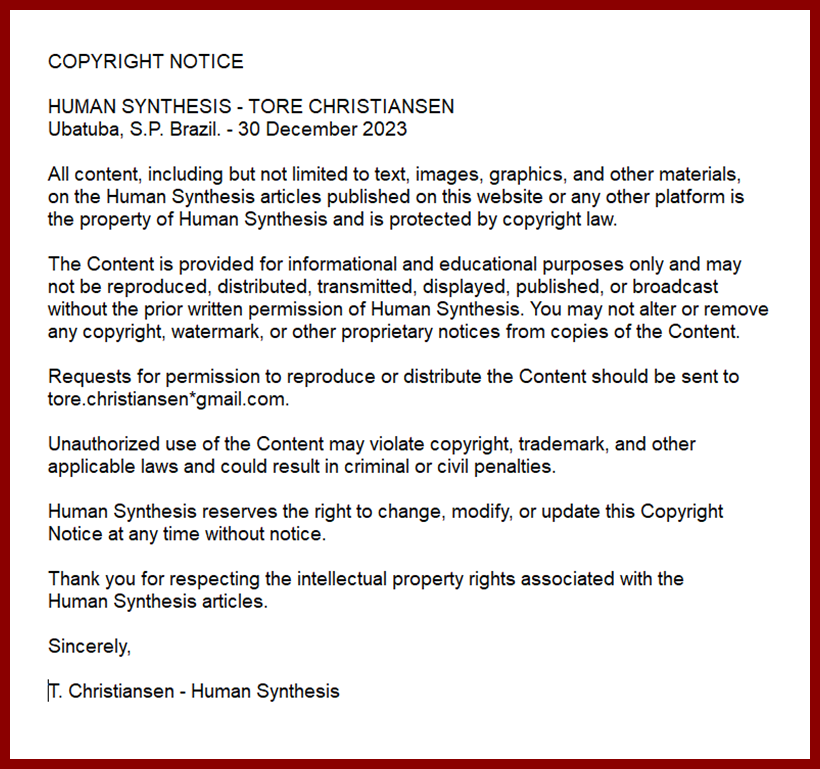The Shame And The Pain

By Sheerpost - MJ Rosenberg-August 14, 2025
A prominent historian is working on a book about AIPAC and interviewed me. Although they’re fairly mainstream, it was clear from their questions that this will be an exposé focused heavily on AIPAC’s interference in U.S. elections, beginning in the late 1990s.
I told them everything I knew. My memories from that era come not from working at AIPAC—which I did from 1982 to 1986—but from my time on Capitol Hill, where I dealt with them regularly as a staffer.
Although even during my time there, I witnessed them arranging the shipment of cash deliveries to favored candidates, that was nothing compared to the $1.6 million they give to House Democratic Leader Hakeem Jeffries alone now! (In case you are wondering why the #1 Democrat in Congress refuses to endorse Zohran Mamdani, the Democratic nominee for mayor of his own city).
I won’t go into what I said.
Anyone who reads my Substack already knows what I think: that AIPAC’s existence has inflicted incalculable harm on the United States, on American Jews, on Israel’s long-term survival as a Jewish homeland, and on Judaism. I didn’t even need to mention the damage—”harm” is too soft a word—done to the Palestinian people.
AIPAC is not merely complicit in genocide; if AIPAC did not exist Joe Biden would have stopped it before it started, not because he isn’t a true-blue Israel lover but because (I think) even for him, genocide is a bridge too far. He could have ended it with a single phone call, the way President Reagan ended the bombing of Beirut. (PLEASE read Reagan’s diary entry here.)
I also made clear that I didn’t always feel this way. I left AIPAC amicably in 1986. I was the most dovish person on staff, but I didn’t leave in protest.
I left simply for another job. It was 10 years before I realized what AIPAC was, but it was another four years before I came to understand what Israel is.
That was in 2000 when Prime Minister Ehud Barak sabotaged the Oslo peace process that Yitzhak Rabin had launched. Instead of following through with a withdrawal from the West Bank, Gaza, and East Jerusalem in exchange for peace and normalization, Barak offered noncontiguous slices of land that could never constitute anything remotely like a Palestinian state.
Cheering him on was the U.S. “peace team,” led by Dennis Ross, a fervent Zionist, who worked hand in glove with their Israeli counterparts. The Palestinians—who naively thought they were negotiating with the Israelis, with the US serving as mediators—sensed, and then saw the evidence, that they were negotiating with a combined US-Israel team. One team: all Zionists.
In fact, President Clinton had privately assured Barak that if the summit failed, he’d pin the blame on the Palestinians no matter who was responsible. He kept that promise—and later came to regret it.
That’s when I began to reexamine everything I thought I knew about Israel. That process hasn’t stopped. Today, I support a single democratic state for all the people of Israel and Palestine—equal rights, no state religion but freedom of religion or no religion for all, security guaranteed by an international force like NATO.
None of this will surprise anyone who reads me.
But during the interview, the historian asked a question that caught me off guard. He said he found my career interesting—he was impressed I’d discussed the Middle East and AIPAC with every Democratic president since Carter—and wanted to know which part of my career I was most proud of.
I gave a modest but truthful answer because the truth is, I never held any power. I was never important but had some influence at the margins—nothing more. But I told him honestly: this is the part of my career I’m proudest of. I’m retired. No one pays me a salary. I don’t “do meetings” on the Hill or the White House.
I’m just proud that I was smart enough to recognize that what I’d believed for most of my life was propaganda, grounded in ethnic identity, not facts.
The Six-Day War made me a Zionist. I stayed one for 33 years. Then it ended. I’ve been to Israel dozens of times. I loved Tel Aviv. But I doubt I’ll ever go back—unless, by some miracle, Israel becomes a real democracy for both peoples. At 77, I don’t expect to see that. Nor, I expect, will anyone else.
These are terrible times. My own country has been captured by a racist, fascist clique—a nonmilitary junta. And Israel, a country I once loved, has become an international pariah, deservedly so, for its genocidal war in Gaza and 58 years of occupation in the West Bank.
Judaism—for thousands of years a light in a dark world—has been stained by the crimes committed in its name, and in the name of the Jewish people. And yet, it will survive and flourish. As most Jews outside the (10%) Orthodox minority turn away from Israel, many—especially the young—are rediscovering the richness of Jewish culture and faith on their own terms.
I myself have one source of peace, besides family and friends: I woke up in time. I saw through the lies. And I’ve raised my small voice against one of the great crimes of any century—the destruction of Palestine. Feeling good about oneself at this age is no small thing.
The truth does set you free.
But it does nothing to ease the shame and the pain.
MJ Rosenberg
During a long career in Washington, M.J. Rosenberg worked as a Senate and House aide, at the State Department, at the American Israel Public Affairs Committee (AIPAC), at Israel Policy Forum, and at Media Matters For America.
